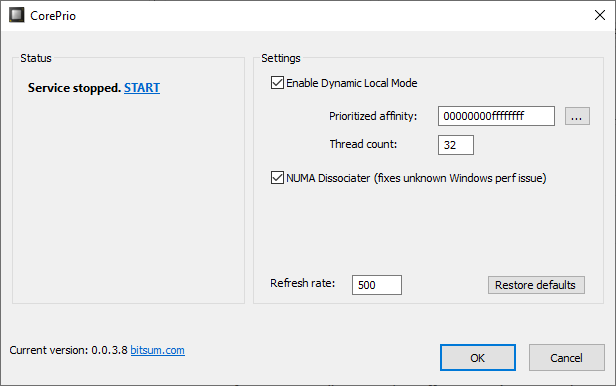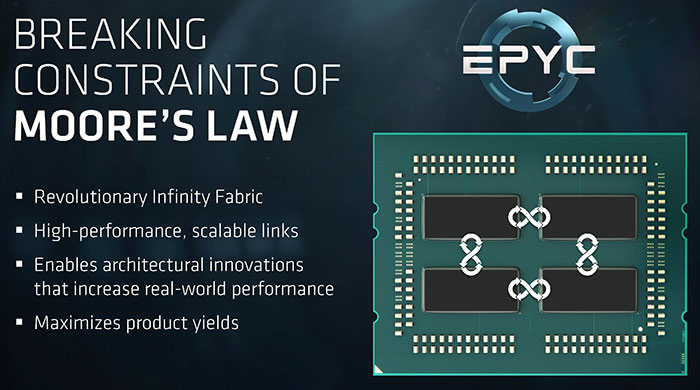At the beginning of the year HEXUS reported upon the release of the utility called CorePrio. As a brief reminder, CorePrio is a collaboration between LevelOneTechs and BitSum, which allows users to toggle various CPU settings in Windows as a temporary fix for issues in the Windows Scheduler in processors with > 2 CPU chiplets per die.

Yesterday AnandTech shared an update on CorePrio, why it works, and heard confirmation from AMD that it was working with Microsoft on fixing Windows so a utility such as CorePrio isn't necessary.
The Windows issues appear to all be due to the implementation of the scheduler's best NUMA node assignments. NUMA is short for non-uniform memory access and is a method of memory access in a multiprocessing system that allows threads to play nicely in accessing the available memory pool.
AnandTech says that Microsoft has a hotfix in place in Windows for dual-NUMA environments - which harks back to the time when dual-socket workstation platforms started to become popular. However for >2 NUMA environments, such as the quad-die Threadripper and EPYC processors that hotfix doesn't help.

Processors with >2 NUMA environments can sometimes be impacted by Windows Scheduler issues,
it depends upon the application
AMD is currently working with Microsoft on the Windows Scheduler issues, reveals AnandTech, and has a number of support and update tickets open with the Windows team. Announcements will be forthcoming as and when the fix becomes available but we don't have a timeline to follow. Interestingly "other improvements to help optimize performance will also be included" in the fix, notes the source.
Lastly AMD is keen to stress that it is still very pleased with Threadripper 2 performance and its competitiveness while this collaboration with Microsoft, with the consultation of LevelOneTechs and BitSum, will help it advance even further.













